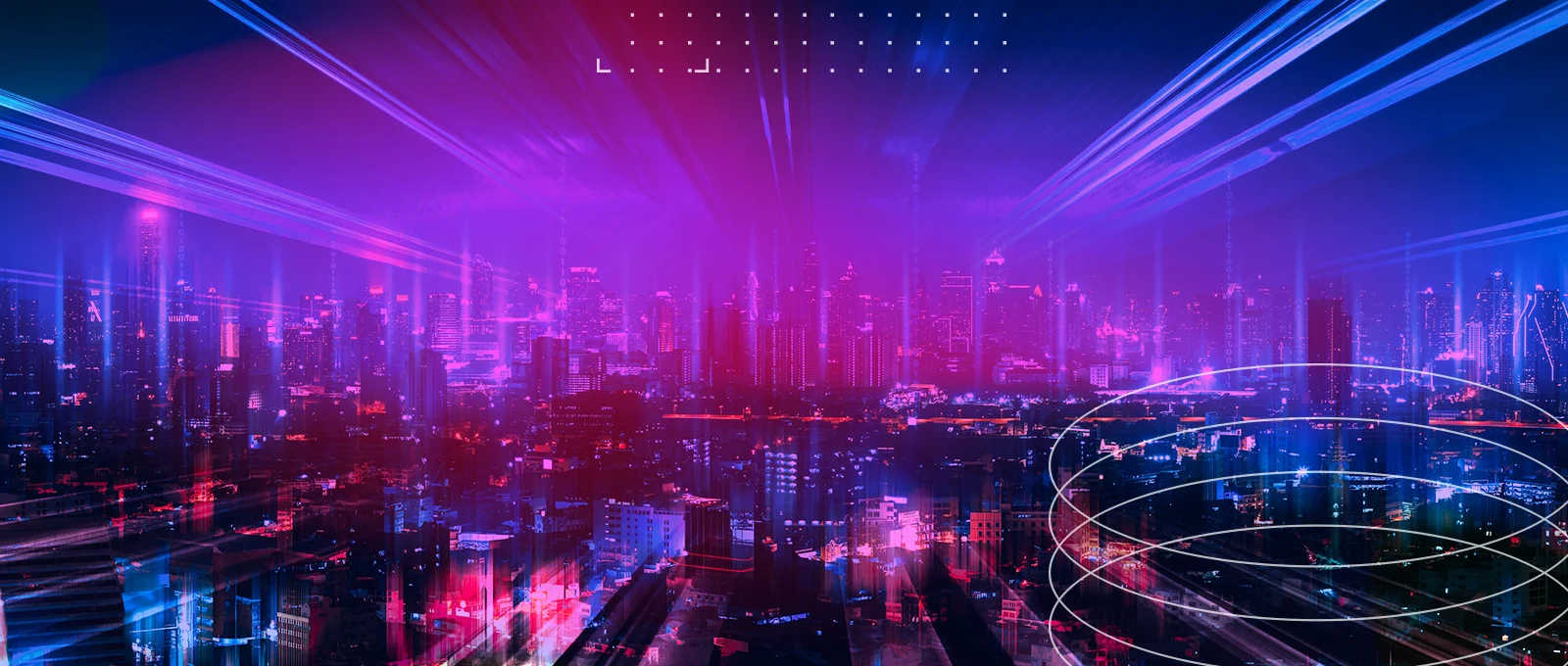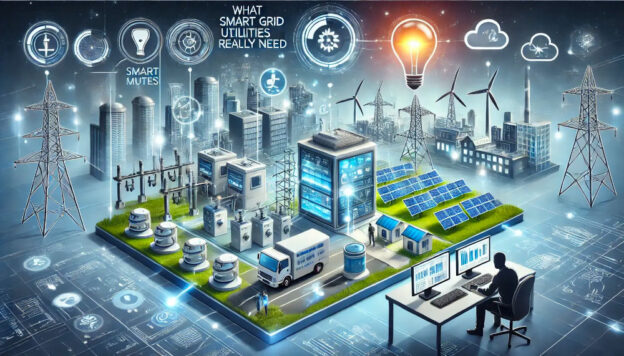Course Description
This course provides a comprehensive introduction to modern power systems, focusing on the transition from traditional centralized energy generation to smart grid technologies. It begins with an overview of conventional electrical power systems, which operate under a unidirectional power flow—from centralized generating stations through transmission networks to end users. These systems, while reliable, face growing challenges including aging infrastructure, limited efficiency, and environmental concerns.
The course consists in three big lessons in total duration of 2 hours and 13 minutes.
The course then explores the evolution toward smart grids, emphasizing the integration of renewable energy sources (RES), distributed generation (DG), and bi-directional power flow.
Key topics include smart grid infrastructure, communication technologies, automatic metering (AMI), energy storage systems (ESS), and distributed renewable generation using solar, wind, and fuel cells. The course also addresses the technical, environmental, and economic benefits of smart grids, as well as challenges such as power quality, variability of renewable sources, grid protection, and integration costs.
Through detailed lectures, students will learn about energy storage technologies such as mechanical, electrical, chemical, thermal, and electrochemical systems. The course also covers advanced grid functionalities like peak shaving, load leveling, and emergency services.
By the end of the course, students will understand the architecture and operation of smart power grids and the critical role they play in sustainable energy management and future power systems.
Main Learning Objectives
- Understand the structure and operation of traditional and modern power systems.
- Explain the core concepts of smart grids.
- Analyze the integration of renewable energy sources.
- Evaluate different energy storage technologies.
- Prepares students for careers in energy utilities, grid operations, and smart infrastructure planning.
- Encourages innovation in renewable energy integration and smart technology application.
- Enhances problem-solving skills for managing energy sustainability, grid reliability, and demand response.
Who Is This Course For
- Electrical, Power, Energy, Mechanical, and Renewable Engineers.
- Power, Energy, Renewable and Industrial contractors and subcontractors.
- Planning Managers and Designers.
- City Civil Planning members.
Related Industries
- Power Generating
- Power Utilities
- Governmental Planning Authorities
- Renewable Energy Projects
- Universities and Colleges
- Electrical Vehicles Industries
- Investors
- Oil and Gas
- IT, software, and Data centers
- Other involved Industries
Downloadable course documents
After purchasing the course, students can download the following documents related to the course:
- Fundamentals of modern electrical systems: Digital systems, power electronics and smart grids (PDF)
- Integration of renewable energy in smart grid: Architecture, communication, and electric vehicles (PDF)
- Communication network solutions guide for smart grids (PDF)
- Future energy conversion and smart-grid development (PDF)
- A practical solution for self-adaptable smart electrical grid: Implementable in the real world (PDF)
About Instructor



